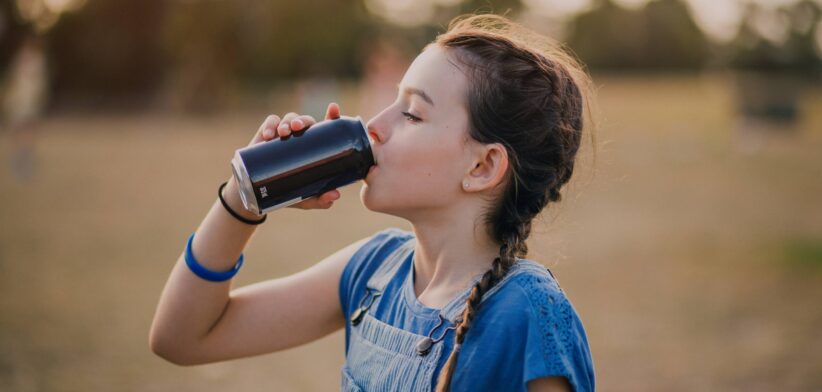A study of United States cities which have introduced a tax on sugary drinks has shown up to a 50 percent reduction in purchases.
Researchers at the University of Washington looked at four of the eight cities around the country which have implemented taxes on sugar-sweetened beverages.
Study co-author Associate Teaching Professor Melissa Knox said researchers found after the tax was introduced, lower-income households decreased their purchases of sweetened beverages by nearly 50 percent, while higher-income households reduced purchases by 18 percent.
Associate Professor Knox said since previous studies had shown that lower-income individuals consumed sweetened beverages at a higher-than-average rate, the results suggested the taxes could help reduce health disparities and promote population health.
“Sweetened beverages are one of the largest sources of sugar in the American diet. They have all kinds of health consequences and don’t really provide any nutrition,” she said.
“The idea with the tax is that lower-income people, because they reduce their intake more, receive greater health benefits than the higher-income households.”
Associate Professor Knox said researchers followed households, through a consumer panel, for a year before and after the tax was implemented in their city, with consumers given a handheld scanner to report their purchases.
“We also looked at untaxed beverages and found that lower-income households are substituting with untaxed beverages.
“They’re using some of their money to go buy a different beverage, rather than buying a candy bar instead of buying a Coke.”
Read the full study: Consumption responses to sweetened beverage taxes by household income in four U.S. cities








